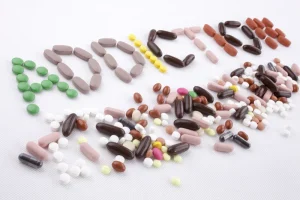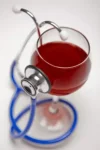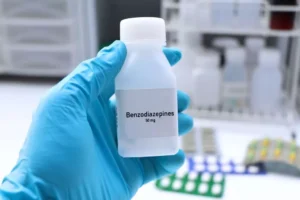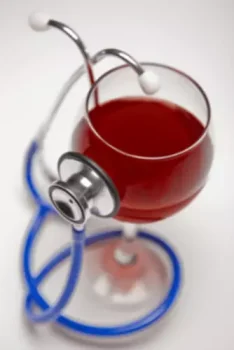
Individuals may also explore alternative alcoholic beverages or nonalcoholic options that they can tolerate. They may also find that eating certain foods, taking supplements, or exercising may help with their reaction. They may also discuss possible medications for their reactions, such as antihistamines. As a person ages, certain health conditions or medications may mean they have different reactions to alcohol than they previously did. A person’s tolerance may also change over time due to a decline in body mass in older adults.
Alcohol Intolerance: Sudden Onset & Allergy-Like Tolerance Changes
Many people who develop alcohol intolerance simply enjoy the occasional drink, though some may have an alcohol dependence and become especially distressed at the onset of these symptoms. (The drug disulfiram, for example, causes this reaction on purpose as part of treatment for alcohol use disorder). But if you are unable to stop drinking alcohol, this reaction can be a serious problem indeed.

When to See a Healthcare Provider

Another medicine called disulfiram (Antabuse) is actually designed to cause alcohol intolerance to help people stop drinking. When doctors diagnose alcohol intolerance, they typically use the immediate symptoms it causes. These symptoms are almost always present with alcohol intolerance.

Alcohol And Muscle Relaxers: 4 Things To Know About This Risky Combination
If you’re allergic to another ingredient in certain alcoholic drinks, switching to a different beverage might be an option. Individuals with enzyme deficiencies or underlying health conditions contributing to alcohol intolerance should consult healthcare providers for personalized treatment plans. Healthcare providers may conduct a skin prick test to identify allergies to substances in alcoholic beverages, like grains in beer. This test introduces a small amount of allergen into the skin to observe for allergic reactions. Your doctor will start by taking a comprehensive medical history to understand your symptoms and any potential triggers. This history will include questions about your alcohol consumption habits, the types of alcoholic beverages you consume, and any family history of allergies or intolerances.
Diagnosing Alcohol Intolerance: Tests and Procedures
However, you can avoid the symptoms and enjoy a healthy, active life by taking some precautions. During a skin prick test, your allergist will use a lancet to scratch or prick your skin. They’ll add a drop of allergen extract to the pricked or scratched area. Your skin’s reaction can alcohol intolerance symptoms help them determine whether you have an allergy. Living with alcohol intolerance requires adjustments to daily routines and social interactions. Individuals with this condition often face challenges in environments where alcohol is prevalent, such as parties or social gatherings.
- You may also have other symptoms, such as nausea, vomiting, diarrhea, dizziness, heart flutters, and a stuffy or runny nose.
- Treatment for long COVID, including symptoms like alcohol intolerance, typically involves a multidisciplinary approach aimed at managing specific symptoms and improving overall well-being.
- Over time, a person’s tolerance may also change due to changes in metabolism, body mass, and bodily functions as they age.
- If you have symptoms after drinking beer and you’re not sure why, your provider can help you figure out what the problem is.
- These symptoms are almost always present with alcohol intolerance.
Can You Mix Trazodone and Alcohol? Plus, 3 More FAQs About This Risky Combination
- If you have an allergy, your immune system over-reacts to contact with a trigger or “allergen.” If you have an alcohol allergy, your immune system treats alcohol as a threat.
- Scientists have not yet identified the reason for this association.
- The healthcare professional uses a lancet to pierce a person’s skin and apply a small amount of the suspected allergen to see if it causes a reaction.
- However, if you have a serious reaction or severe pain, see your doctor.
- The information we provide is not intended to be a substitute for professional medical advice, diagnosis or treatment.
- As we drink over the course of an evening the amount of alcohol in our bloodstream increases, leading to slower reaction times, lowered inhibitions and impaired judgement.
Tips for Coping With Alcohol Relapse Triggers
When To See a Doctor

How common is alcohol intolerance?
- Ongoing research, including advanced brain scans, aims to further investigate these connections.
- Antihistamines block the body’s release of chemicals like histamine that cause hives, itching, and other allergy symptoms.
- Although red wine is especially high in histamines, all alcoholic beverages have high levels of histamine.









